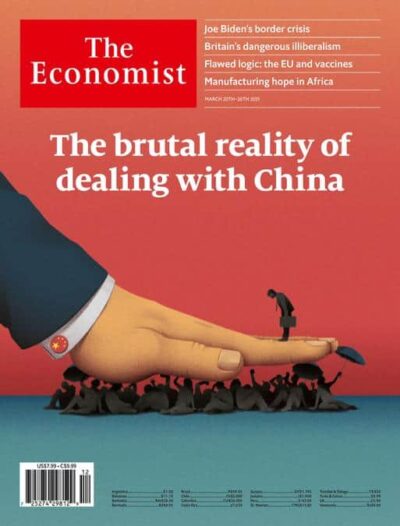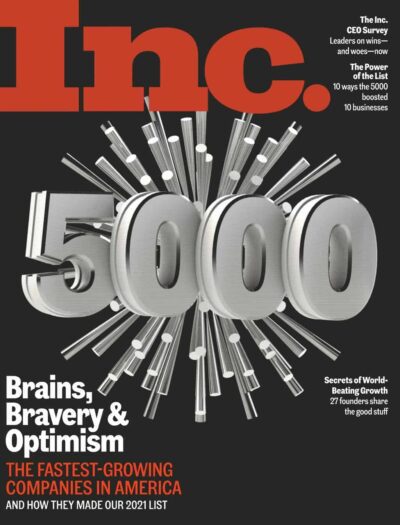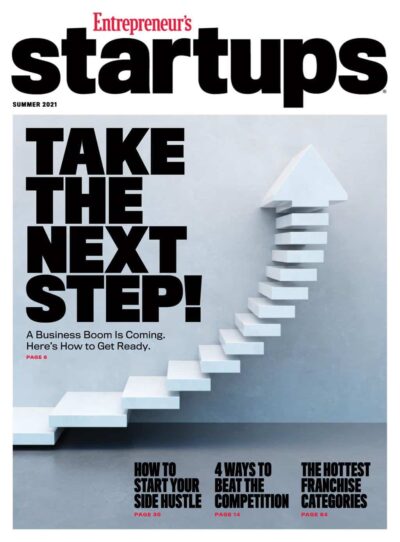

Apple Pulls Meta’s WhatsApp and Threads From App Store in China After Government Order
Apple Inc. said that it removed Meta Platforms Inc.’s WhatsApp and Threads from its China apps store after an order from the country’s internet regulator, which said the services pose risks to the country’s security.
The order comes on the heels of a cleanup program Chinese regulators initiated in 2023 that was expected to remove many defunct or unregistered apps from domestic iOS and Android stores. The action against the American tech services comes as the U.S. government is taking steps toward a ban on TikTok, the hit video app from Beijing-based ByteDance Ltd. U.S. politicians have also cited national security concerns in their push to force the company to either sell TikTok to a non-Chinese owner or face a ban in the U.S. market.
[time-brightcove not-tgx=”true”]
“We are obligated to follow the laws in the countries where we operate, even when we disagree. The Cyberspace Administration of China ordered the removal of these apps from the China storefront based on their national security concerns,” Apple said in a statement. “These apps remain available for download on all other storefronts where they appear.”
Foreign social media platforms like WhatsApp were already largely inaccessible from China without tools to circumvent Beijing’s Great Firewall, such as virtual private networks. The removal of these apps will make it more difficult for users within the country to view content on these international platforms.
In August, China asked all mobile app developers to register with the government by the end of March, a move that Beijing painted as a bid to counter telephone scams and fraud. The Ministry of Industry and Information Technology said that it would carry out supervision work on those filings from April to June, and to take action against apps that were not registered. App developers would also be required to set up and improve mechanisms to handle “illegal information.”
The MIIT move was another step by Beijing to tighten controls across its cyberspace, forcing domestic and foreign companies to block off information considered politically sensitive. Beyond apps, websites and large language AI models have also been subject to greater content curbs.
China’s action comes as TikTok divestiture legislation is expected to be included in a fast-moving aid package for Ukraine and Israel that Congress is expected to vote on this Saturday.
The Wall Street Journal was first to report the removal. A Meta spokesperson referred Bloomberg News to Apple’s statement.
China is a key nation for the iPhone, its largest consumer market outside the U.S. and its primary production base. Chief Executive Officer Tim Cook visited the country earlier this year and emphasized its importance to his business. Apple has long said that it needs to follow local laws as part of operating its app store effectively in different countries.
Get the latest work and career updates delivered straight to your inbox by subscribing to our magazine category today. Stay informed and ahead of the game with Subscrb.
The content on this website has been curated from various sources and is for informational purposes only. We do not claim ownership of any of the content posted here, all rights belong to their respective authors. While we make every effort to ensure that the information is accurate and up-to-date, we cannot guarantee its completeness or accuracy. Any opinions or views expressed on this website are solely those of the original authors and do not necessarily represent our own. We do not endorse or take responsibility for the content or actions of external websites or individuals linked from this website. Any reliance on the information provided on this website is done at your own risk. Please note that this article was originally seen on the source website TIME, by the author Mark Gurman and Sarah Zheng / Bloomberg
-
SALE!




Forbes Asia Magazine Subscription
From: RM220 / year -
SALE!


Fortune Magazine Subscription
From: RM118 / year -
OUT OF STOCK




The Economist Magazine Subscription
From: RM1530 / year -


Inc. Magazine Magazine Subscription
From: RM22 / year -


Consumer Reports Magazine Subscription
From: RM22 / year -


Harvard Business Review Magazine Subscription
From: RM83 / month -


Entrepreneur’s Startups Magazine Subscription
From: RM4 / year -


BILLIONAIRE Magazine Subscription
From: RM131 / year



